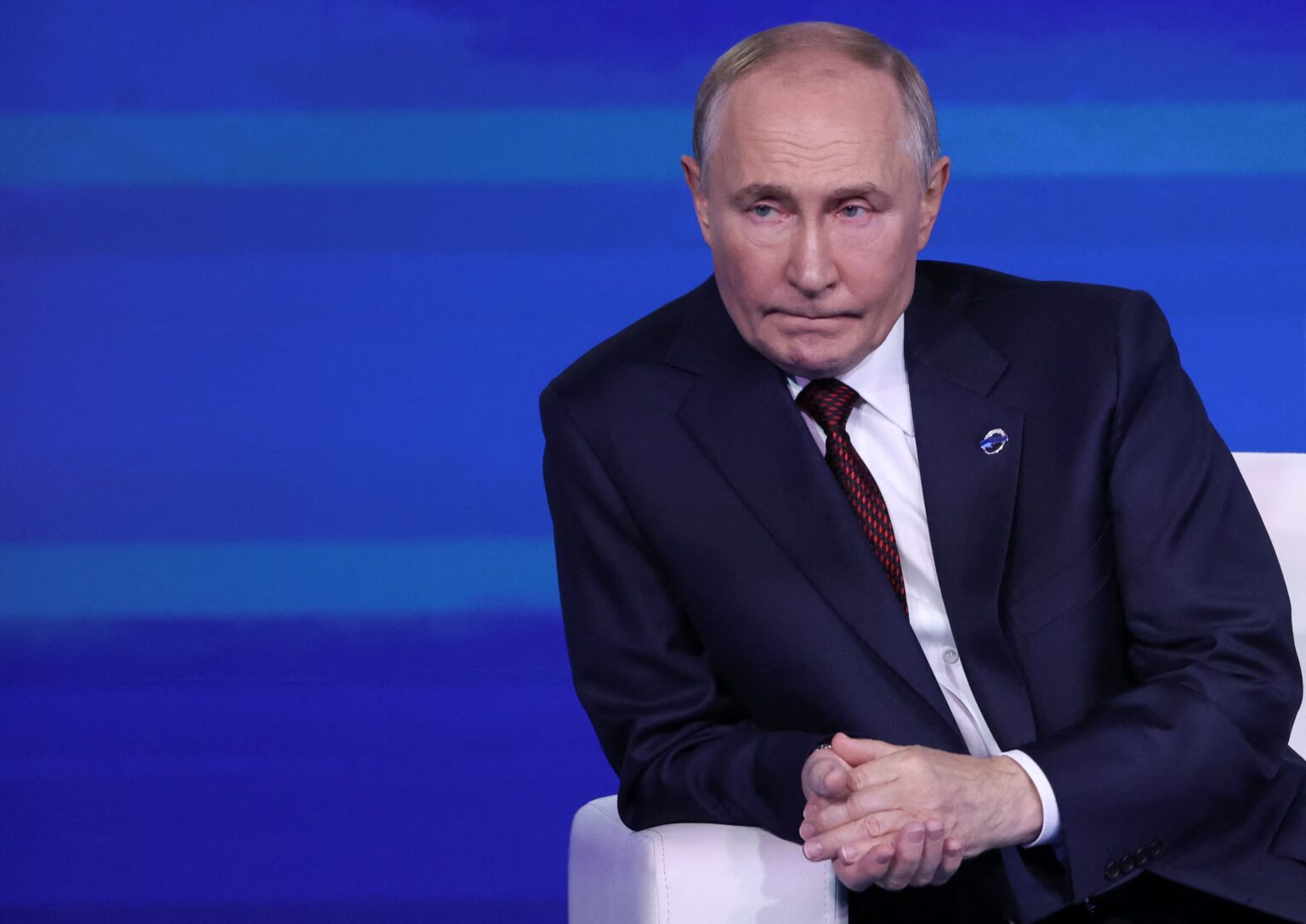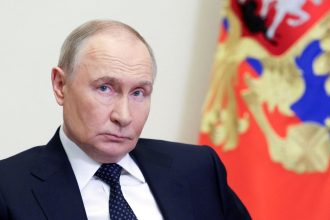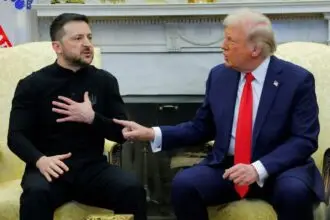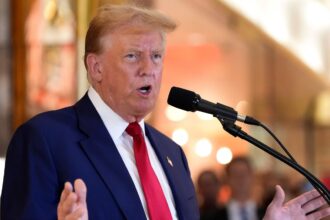Russian President Vladimir Putin has signed a decree reducing compensation for soldiers wounded in the ongoing conflict in Ukraine, a move likely to spark further criticism as human losses on the battlefield continue to mount.
The decree, issued on Wednesday, caps payouts for injured soldiers at 3 million rubles (approximately R555,000), with the exact amount depending on the severity of injuries. This marks a significant reduction in benefits compared to earlier policies. The decision appears to be part of a broader Kremlin effort to cut costs as the war, now in its second year, takes an increasingly heavy toll.
However, the law introduced in March 2022, which provides 7.4 million rubles (roughly R1.37 million) to the families of soldiers killed in action, remains unchanged.
Rising Casualties and Controversy
The scale of Russia’s losses remains a contentious issue. Ukrainian officials estimate that over 700,000 Russian troops have been killed since the conflict began. However, these figures are unverified, as Russia has not disclosed official numbers.
The decision to slash compensation for injured soldiers comes amid reports of escalating daily casualties. Critics argue this move could demoralize troops already grappling with the war’s physical and psychological toll.
North Korean Soldiers Join the Fight
Adding another layer to the conflict, Washington confirmed this week that 10,000 North Korean soldiers are now fighting alongside Russian forces in the Donetsk region. This revelation highlights the increasingly international dimensions of the war as Russia seeks reinforcements from allied states to bolster its military efforts.
A Polarized Reaction
Observers say the reduction in financial compensation may undermine morale among soldiers and their families. While the Kremlin likely views this as a cost-saving measure, the decision raises questions about how Russia plans to sustain its long-term military operations.
As the war continues with no clear resolution in sight, policies like this could further strain public perception of the conflict and the Kremlin’s handling of its aftermath.












